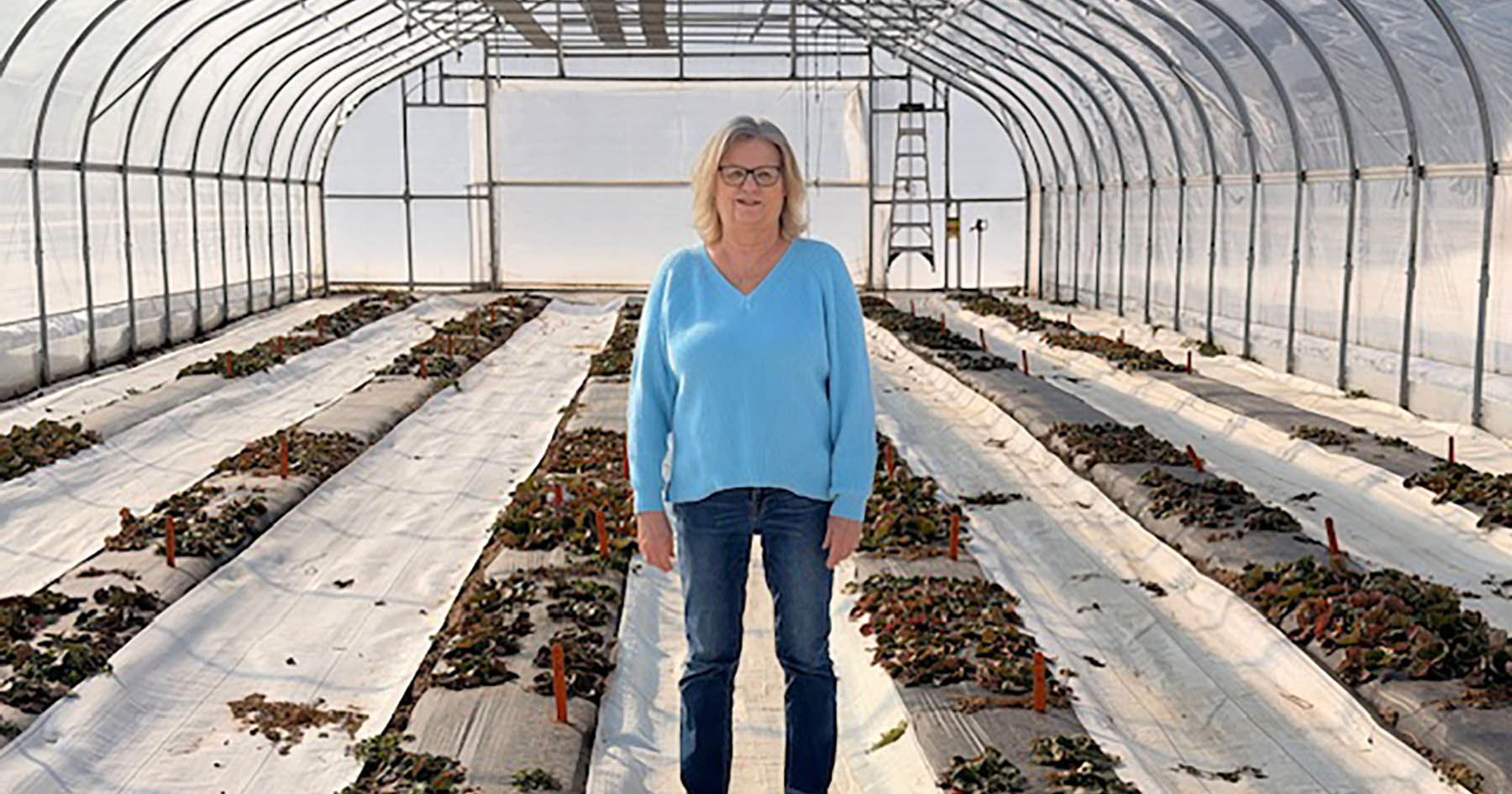Americans OK with GMs for health care, but still wary about food
More than three-quarters of Americans would accept release of genetically modified mosquitoes to decrease risk of the Zika virus, but fewer than half accept genetic modification (GM) of animals, grain crops and produce, according to a Purdue University study.
Nicole Olynk Widmar, associate professor of agricultural economics, and Wally Tyner, the James and Lois Ackerman Professor of Agricultural Economics, led the study to understand attitudes toward genetic engineering in the wake of last year’s heightened coverage of the Zika virus. The results suggest people are far more accepting of genetic modifications that benefit human health but are still somewhat wary of modifications to food.
“Whenever you have a newly perceived health risk, there are calls for technology to solve the problem. If you think about the Ebola virus, everybody said, ‘Where’s an Ebola vaccine?’ They wanted technology to mitigate the risk,” Widmar said. “Food is an everyday choice. In some ways, I can understand why people may be more cautious about what they’re ingesting on an ongoing basis.”
Data also show that acceptance of genetic modification may be related to sex, education, income and awareness of GM technology.
Zika, a virus spread primarily through mosquito bites, can cause severe birth defects including microcephaly and fetal brain defects. The virus was especially prevalent in Brazil during the 2016 Summer Olympics in Rio de Janeiro, and mosquito carriers have been reported in parts of Florida and Texas.
Mechanisms developed to control virus include the release of genetically modified mosquitoes that will breed with females to produce eggs that won’t hatch or offspring that die before reaching sexual maturity. Widmar and Tyner wanted to assess public opinion of the technologies and understand what drives acceptance of some genetic modifications but not others.
Findings are based on 964 Americans surveyed with a goal of selecting respondents that matched 2014 census estimates for age, gender, income, education and region of residence. The margin of error was about 3 percent, and results were published in the journal PLoS One.
The survey revealed that 78 percent would support release of genetically modified mosquitoes in the United States. Acceptance of genetic modification is 44 percent for livestock production; 49 percent for grain production; 48 percent for fruit and vegetable production; 62 percent for human medicine; and 68 percent for human health.
Males were more likely to accept genetic modification across all categories. Younger respondents also accepted at higher rates in everything except for human health reasons, in which there was no significant difference amongst age groups.
Higher income groups were more likely to agree with genetic modification for grain, fruit and vegetables, and livestock production than lower income groups. Those with college degrees were more accepting of genetic modification.
Finally, the findings show that those aware of genetically modified mosquito technology were more likely to be accepting of genetic modification in all areas assessed.
Widmar said she expected respondents to be more accepting of genetic modification for health and medicine, and she suspects it may have to do with how those technologies have been released. In the case of mosquitoes, Zika was all over the news, as was coverage of companies seeking regulatory permission to release their modified insects for trials. Americans were likely less informed about the release of genetically modified crops and found out about them after they were already a significant part of the food chain.
“The perception of choice matters,” Widmar said. “If you need it to stay healthy, you would probably use it. But if you feel like you were given GMOs and told about it later, that might upset you.”
Tyner said there may be a lesson in the data for those who want to develop future GMO technologies. While GMO crops have often been lauded for reducing inputs and lowering costs for growers, people may be more receptive to information about how those same crops allow use of less toxic pesticides.
“If we can highlight health and environmental benefits, rather than just focusing on the bottom line that might have a positive effect on the public attitude toward GMOs,” Tyner said. “If you look back, things might have gone differently if we had the first releases in the medical field rather than the food field.”
Widmar and Tyner plan to continue work related to the impacts of GMOs on society. Widmar continues to assess consumer acceptance, and demand for, various technologies impacting the human condition through food production and health care.
The study was paid for internally, through Purdue University discretionary funds.





